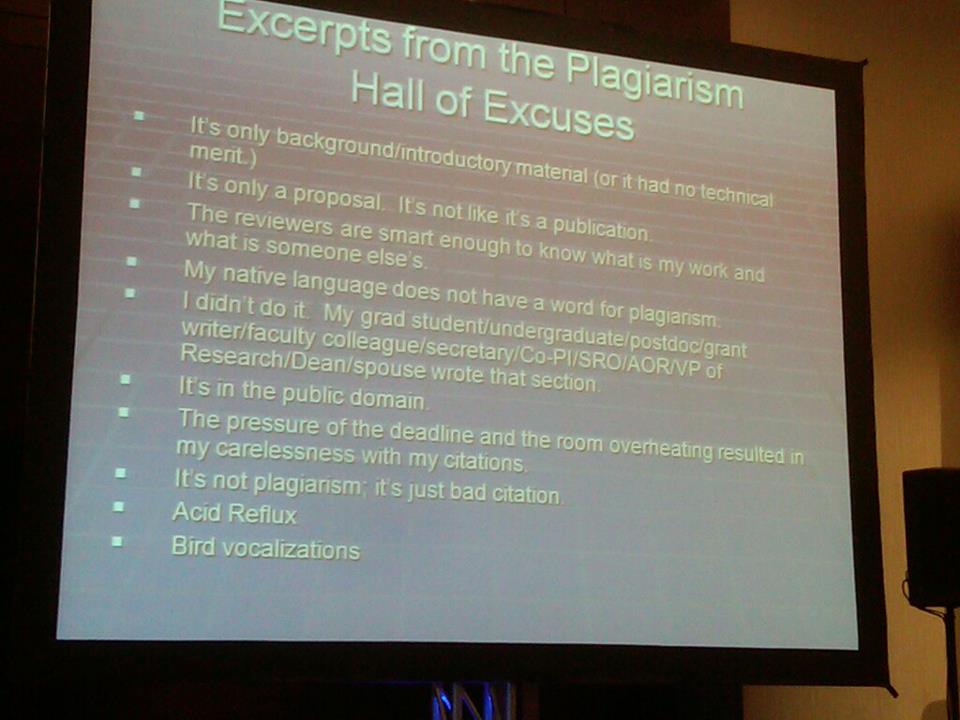
We make a point of never calling for a particular paper’s retraction, nor ever weighing in on whether a journal should have made that move. That would be, we often say, like a financial reporter recommending stocks. But a recent expression of concern is sorely testing our resolve on the matter.
The expression of concern is for a 2014 article, “shRNA-mediated silencing of ZFX attenuated the proliferation of breast cancer cells,” which appeared in Cancer Chemotherapy and Pharmacology, a Springer title, and was led by a team from Zhejiang Cancer Hospital in Hangzhou.
Here’s the notice:
The Editors-in-Chief would like to alert readers that there are some concerns related to this article [1]. Concern has been raised that there are textual and formatting similarities to this retracted article [2]. There are also concerns about the construction of experimental reagents in the methods, as well as in the phrases selected for reporting cell cycle influences. While we recognize that the overlap could result from recycling of language with similar experimental methodologies, particularly by authors whose first language is not English, we have not received any response from the authors regarding the above concerns. None of the authors have responded to correspondence about this Expression of Concern. Readers are advised to interpret the details of this article with caution.
Reference two is: Huang WY, Chen DH, Ning L, Wang LW (2012) Asian Pac J Cancer Prev 13(5):1823–1827. https://doi.org/10.22034/APJCP.2017.18.10.2891
Which, as the expression of concern states, has been retracted thusly:
Asian Pacific Journal of Cancer Prevention has retracted the article titled “siRNA mediated silencing of NIN1/RPN12 binding protein 1 homolog inhibits proliferation and growth of breast cancer cells”(1) for reason of similarity with a series of articles identified by Byrne and Labbé (2).
1. Huang WY1, Chen DH, Ning L, Wang LW. siRNA mediated silencing of NIN1/RPN12 binding protein 1 homolog inhibits proliferation and growth of breast cancer cells. Asian Pac J Cancer Prev. 2012;13(5):1823-7.
2. J. A. Byrne and C. Labbé, “Striking similarities between publications from China describing single gene knockdown experiments in human cancer cell lines,” Scientometrics, vol. 110, no. 3, pp. 1471–1493, 2017.
Authors did not respond to request for comment.
Neither the authors nor the editor in chief of the journal where the new expression of concern appeared has responded to our request for comment, either.
A scientific sleuth

Retraction Watch readers may recall the name of the first author of the cited Scientometrics paper. We first wrote about her work as a scientific sleuth in early 2017, and have followed it ever since. Byrne’s journey to become a watchdog began when:
she noticed several papers that contained a mistake in a DNA construct which, she believed, meant the papers were not testing the gene in question, associated with multiple cancer types.
Byrne’s work with Labbé has led to numerous retractions and expressions of concern.
So, to recap: Highly suspicious overlap of papers — including the Huang article — coming out of China in this field (gene knockdowns in cancer) has drawn scrutiny. A paper that obviously plagiarized from a now-retracted article which itself had “striking similarities” to research identified as fraudulent … is allowed to stand.
Like Retraction Watch? You can make a tax-deductible contribution to support our work, follow us on Twitter, like us on Facebook, add us to your RSS reader, or subscribe to our daily digest. If you find a retraction that’s not in our database, you can let us know here. For comments or feedback, email us at [email protected].